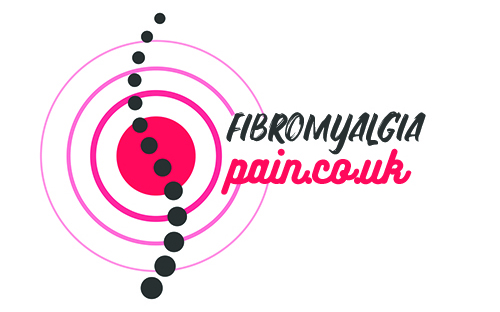What Impact Foes Fibromyalgia Have on Everyday Life
Fibromyalgia is characterized by chronic pain, a reduced pain threshold, trigger points, chronic fatigue, impaired sleep, joint stiffness, cognitive dysfunction, anxiety and depression. The severity of fibromyalgia has often been assessed on the main symptoms. But the social consequences can often be more serious than the limitations of bodily functions and activities. Patients report disturbed relationships with family and friends, social isolation, reduced daily living and leisure activities, avoidance of physical exertion and disruption of their professional careers. Patients’ functioning is influenced by their interaction with the environment and their own personal characteristics, not just by their state of health. According to patients, fibromyalgia is more than a painful disease. It is associated with multiple symptoms and has a negative impact on function and quality of life.
Fibromyalgia is characterized by chronic pain, a reduced pain threshold, trigger points, chronic fatigue, impaired sleep, joint stiffness, cognitive dysfunction, anxiety and depression. The severity of fibromyalgia has often been assessed on the main symptoms. But the social consequences can often be more serious than the limitations of bodily functions and activities. Patients report disturbed relationships with family and friends, social isolation, reduced daily living and leisure activities, avoidance of physical exertion and disruption of their professional careers. Patients’ functioning is influenced by their interaction with the environment and their own personal characteristics, not just by their state of health. According to patients, fibromyalgia is more than a painful disease. It is associated with multiple symptoms and has a negative impact on function and quality of life.

Despite the difficulty in finding standardized scales, a comprehensive assessment of all symptoms and the impact of fibromyalgia on all functional aspects should be an integral part of patient care in both clinical practice and research protocols.
People who are diagnosed with fibromyalgia may feel relieved and / or worried about the condition.
The person relieved of knowing the disease that afflicts him may feel that he can finally act on him by deciding to manage it in the most effective way possible, by learning about the resources available in his environment and by collaborating with his doctor to find the appropriate treatments for his condition.
Other people may experience this acceptance stage more difficult. We often hear the following sentences: My days are not as full as before; I do half of what I would like to do; I can’t concentrate anymore; I have to take breaks during the day. These new realities can lead to sadness, helplessness, discouragement, anger and irritability. Some people react by isolating themselves from their circle of friends, feeling that they are no longer able to do the same activities as them. They can experience the feeling of losing control over their lives and this feeling of loss can even cause these people to experience depression.
Household chores can also cause additional stress, because of not being able to perform them as before. The impact on the couple and the family can cause questions about how to distribute the tasks necessary for the proper functioning of family life. People have to learn to make choices, take breaks, set limits, and deal with their energy reserves. Scheduling daily activities could facilitate daily functioning. The person can also redefine their social involvement in order to focus their energies on family and friends.
Talk about how you feel and find out what you can still do. Do not hesitate to refer to the resources available in your region and to find help from our association by inquiring about the services offered.
It is advisable to keep in touch with the people you love since their support will be precious to you in the most difficult times. This support can even sometimes influence the outcome of treatments and the course of the disease. It’s hard to find a perfect recipe that works for any situation. However, be open to suggestions and don’t hesitate to ask for help.
